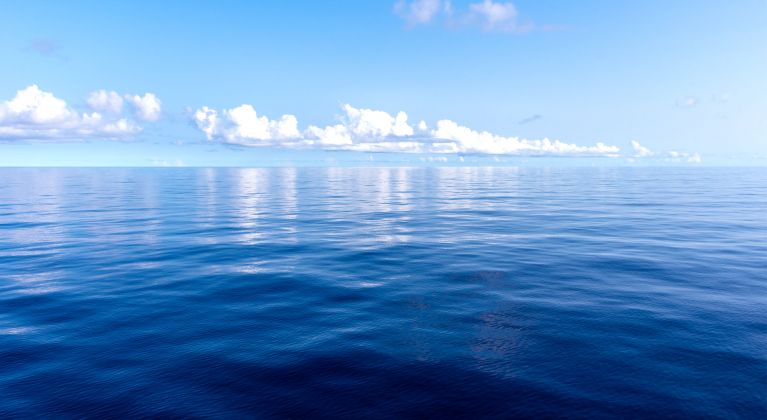
Webinar - Sanctions: What to watch out for in a fast changing world - recording available
- Home
- Latest updates
- News
- Webinar - Sanctions: What to watch out for in a fast changing world - recording available
The Shipowners' Club hosted its first webinar on the topic of Sanctions: 'What to watch out for in a fast changing world'.
During the webinar, speakers Britt Pickering, Director — Claims & Legal and Camilla Slater, Head of Legal, provided an overview of the different types of sanctions, discussed key recent developments and how they impact shipping and summarised the actions Members can take to protect themselves against the associated risks.
Transcript of Q&A
Q. You mentioned the vessels listed on the OFAC advisories and that there were consequences for those vessel owners and operators? Could you explain a bit more about that please?
That’s a very interesting question and I am pleased someone has raised that. The listing on those advisories is different as this is a new phenomenon. It is not the same as listing as an SDN but in many ways the consequences are just as severe. These listings show that OFAC are looking and monitoring. Once you are listed it is going to be difficult to do business, to charter the vessels, to make payments. Banks will be adverse to touching that vessel. It is also unclear how to remove a vessel from an advisory.
Q. If an owner or vessel is listed as an SDN, is there a way to apply to OFAC to be de-listed?
A. I think as far as understand it, although we are not US lawyers, that there is a process for removal as an SDN, although this can be a long and uncertain process. The listing on the advisories is different and we do not know a way to be removed. It would be very difficult for an Owner to continue to trade whilst a vessel is on an advisory
Q. Where would you start with a compliance program and would you use the OFAC framework as a platform for compliance program?
A. I think due diligence is a difficult area. Often people will ask how far would you go, how far should the checks go? It is really down to individual risk appetite and which regime you are subject to. So whether OFAC is a starting point? Certainly that is a good starting point. But you must think of your own risk appetite and your own regime that you are subject to.
Q. Other than OFAC, are there other agencies that could enforce?
A. Yes, OFAC have really bared their teeth and showed threat of enforcement but you need to be mindful of other bodies, within regimes that you are subject to, that could enforce sanctions against you. In the UK we have the Office for Financial Sanctions Implementation (OFSI). Those operating in the UK and those subject to UK laws would need to be mindful of OFSI and we have seen OFSI issue some fines. So that is something to be aware of.
Q. How do you keep on top of sanctions development to make sure you know what is going on?
A. We have lots of information on our Club website. There is a lot of information on the news and even President Trump’s tweets. It’s really important to be aware of what is going on around you, and in the political sphere. I do sign up to some blogs* and they give a daily update and I am happy to share information about those after the webinar if people are interested.
Q. If brokers run screening and due diligence for a voyage and the results were clear, then a few months later the parties become sanctioned, might the voyage then become at risk?
A. I think that is an excellent question. It gets to the heart of things changing and developments shifting on. One can only do one’s best at the start to do the various checks but this is the danger that you come across. Things change. This comes back to using those contractual clauses so that you can be protected when things do change. Because, in a nutshell, ignorance of the current situation, for example listings, is not going to be a defence. You have to keep checking. In blunt answer to the question ‘is the voyage at risk?’ the answer is ‘Yes, it is, I am afraid, potentially’. Those impacted would need to consider the commercial imperatives, and the legal obligations which might perhaps be to undertake a voyage, and weigh those up against the sanctions risks. In those situations, it is pretty important to get legal advice.
Related blogs:
U.S. Department of the Treasury OFAC advisories
HM Treasury Office for Financial Sanctions Implementation (OFSI)

